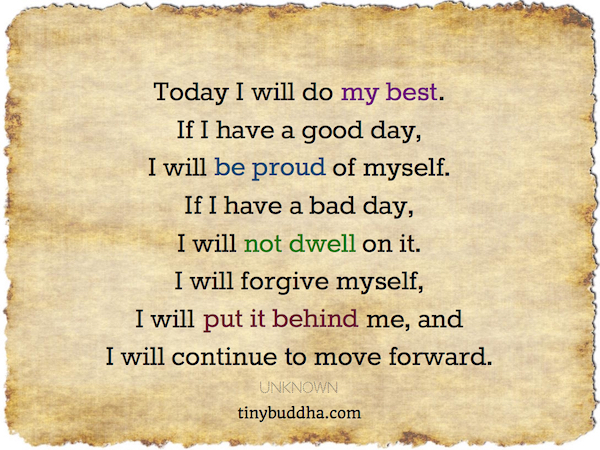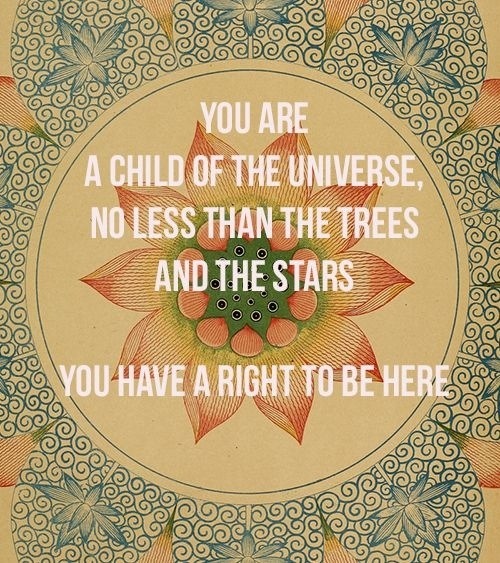Rizal Philippines
November 3, 2015
From Tiny Buddha
Effective Mind Control and Developing Self Awareness





BBC on Buddhism
In the BBC feature this week, they had Socrates and Buddha both independently arriving at the concept of self awareness to growth (and later Rene Descartes perhaps) In a deep thoughtful conclusion, Buddha says there is no perfect self, as the external forces constantly change.The external forces/factors shape the self Our passion are the causes of our pain and we must constantly be aware of our emotions and even denying them to avoid pain
But self awareness involves more than examen Buddhist reflection involves three concepts:
from this post:
Self victimization
Self empowerment
Self awareness - it involves understanding our thought and emotions and redirecting this towards more positive direction
Here is a copy paste from
Self-awareness includes:
- Understanding our emotions—what we’re feeling and what triggered it—so we can effectively work through and transform our emotional responses (instead of using them to justify unhealthy choices)
- Recognizing our destructive thought patterns so we can redirect them
- Tuning into what’s going on in our bodies so we can learn from it and access our intuition
- Noticing our behavioral patterns and habits so that we can make adjustments to change negative ones
- Understanding our beliefs, assumptions, and expectations, and how they influence what we choose to do
- Accepting that we are responsible for our actions—even if we developed certain patterns in response to events from our past
The fundamental difference between self-awareness and self-victimization, when it pertains to acknowledging we’ve been hurt: Self-awareness is about observing our response to what happened; self-victimization is about feeding into the story of what happened.
This isn’t always easy to do. Sometimes the mere act of remembering something painful can bring up all kinds of old feelings. It helps if we learn to immediately redirect our thoughts to a positive, empowering affirmation.
This means that next time I find myself questioning whether the other person really has best interests at heart, when I have no reason to believe they don’t, I can tell myself something like this:
I give people I love the benefit of the doubt. I release my instinctive emotional response from the deepest root cause and do my part to create happy relationships.
In changing my thoughts, I can change my feelings and then effectively redirect my actions.
This process can apply to all kinds of unhealthy relationship patterns that stem from former relationships, but it requires us to work at developing self-awareness.
One way we can do this is by journaling about our feelings and triggers—if, for example, you tend to feel mistrusting, or defensive, or angry when specific events occur—and then come up with affirmations to use when we get caught up in those patterns.
Some examples of situations and affirmations:
If you frequently mistrust someone solely because someone else formerly abused your trust, you could use this affirmation when those old feelings arise:
This is a new relationship. I release my instinctive emotional response from the deepest root cause, and accept that I can change it and improve my relationship by trusting.
If you frequently feel guilty in your relationship, in large part because you were emotionally abused in a former one, you could use this affirmation when those old feelings arise (assuming you’re in a healthy relationship now):
I choose not to blame myself. I release my instinctive emotional response from the deepest root cause, and free myself from shame and self-judgment.
Whatever the pattern, we can challenge it and eventually change it by changing our thoughts and beliefs.
If we’re willing to be self-aware, we can empower ourselves, and transform our relationships and in our lives in the process.
Two great, related resources:
Photo by nattu

Going through the ordeal of Self-Awareness in the lens of Buddhism is a very difficult task, and yes this may require dispensing yourself from the world and go to a series of meditation. This is not only a life-changing event, but your whole personality, values and perception will totally change.
ReplyDeleteFor some reason, man at times, enjoy that feeling of agony (self victimization), he sometimes dwell on negativity and pain, focus on them instead of trying to move ahead and see things differently. In this case, I will go back with the other article in this blog discussing Descartes philosophy, that one has to have a clear mind for him to be able to act logically. But this is rather a debate, can be an issue to be discussed further, because one argument may arise, that man has to feel pain, go in a status of self victimization so he can realize his weaknesses and learn how to be humble. This may also be true but this also require a healthy and logical mind so you will be able to come into realization on what has been going on within yourself and how you connect with outside world.
As what has always been taught in class, a key take away, you must change yourself before you can change others.
Let us have more discussion of this in the class next week. It is becoming interesting
ReplyDelete